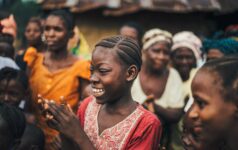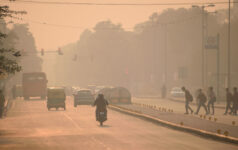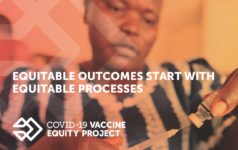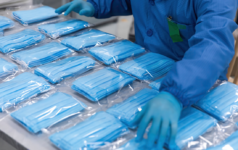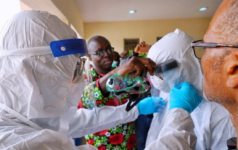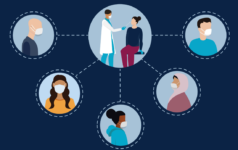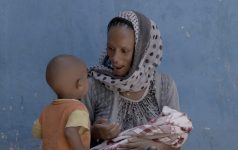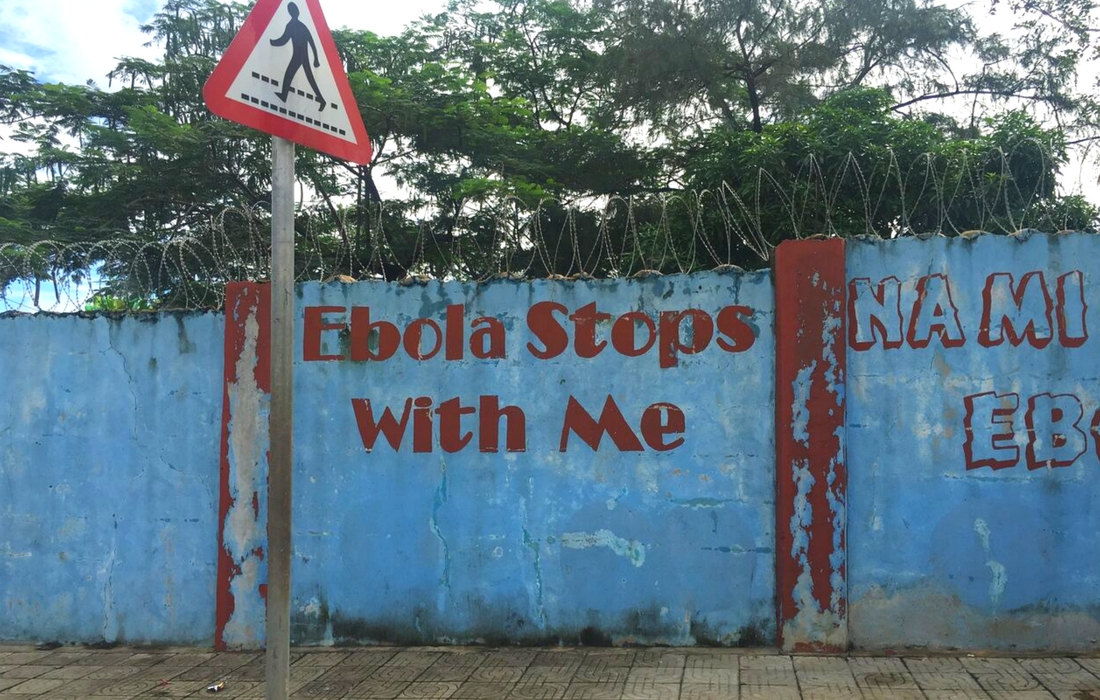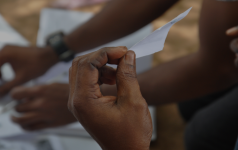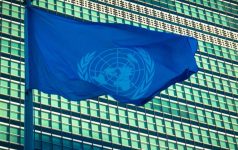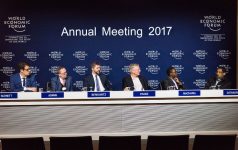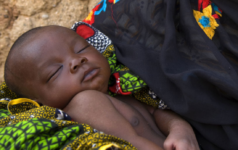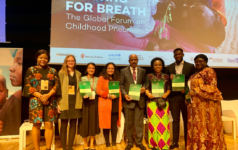Dalberg uses cookies and related technologies to improve the way the site functions. A cookie is a text file that is stored on your device. We use these text files for functionality such as to analyze our traffic or to personalize content. You can easily control how we use cookies on your device by adjusting the settings below, and you may also change those settings at any time by visiting our privacy policy page.
Nour Sharara is a Senior Consultant in Dalberg’s Dakar office, and worked as part of a team to develop The Global Oncology Map while at Harvard.
In June 2012, I was wrapping up my internship at the Clinton Health Access Initiative (CHAI) and took part in a CHAI internal competition where teams had to identify a problem and propose a way CHAI could act as a change agent to overcome it. Global cancer statistics (GLOBOCAN 2012) had just been released by the WHO’s International Agency for Research on Cancer, and my team and I decided to tackle the growing burden of cancer in low- and middle-income countries. Our idea was to leverage CHAI’s successful experience in lowering treatment costs for HIV/AIDS to provide a model for how the organization can improve access to cancer treatment. I remember being struck by the data on the incidence and mortality rates of cancer in sub-Saharan Africa; I was born and raised in Senegal and was very familiar with the burden of infectious diseases but was shocked to discover the existing, and growing, burden of cancer on the continent. This experience acted as a wake up call for me to the huge wave of morbidity and mortality that is now crashing down on low and middle-income countries (LMICs) in the form of a silent epidemic of cancer.
Fast forward to Fall 2014, and I was starting my graduate studies in Public Health at Harvard. Still very interested in addressing this emerging epidemic on the continent, I inquired about Harvard initiatives on the topic and was introduced to Global Oncology (GO), a volunteer community of professionals working in teams to reduce cancer mortality and morbidity, especially in low resource communities. Drawn by their mission to reduce health inequities in cancer care, I joined GO’s flagship project, The Global Oncology Map, an online tool that catalogs cancer-related events, research, care, and training efforts by depicting global cancer control programs and research projects. The GO Map was first developed with the support from the U.S. National Cancer Institute (NCI) Center for Global Health and featured research data from the NCI and NCI-designated cancer centers throughout the United States.
At first, my role was to lead the data outreach efforts for the Global Oncology Map, and establish links with any organization doing work in the global cancer space, beyond the realm of academia and the geographical space of the U.S., to render this online Map truly global. While I came to realize the complexities involved with asking individuals or organizations to share their data, I truly enjoyed my role as I really believe in the need for a platform to enable global collaboration in cancer care. Developing countries account for nearly 80% of disability adjusted life years (DALYs) lost to cancer globally, yet only 5% of resources used for cancer care are spent in these countries. The GO Map is helping to ensure a balanced investment of resources and align global cancer care and control efforts. To this end, the Map aims to (1) provide a centralized forum for global collaboration, (2) chart and record who is doing what in global cancer care and where, (3) strengthen global cancer control efforts where they are needed most.
We released the latest version of the GO Map in May 2017. This freely accessible and curated web-based tool helps connect research to practice; identify research gaps; highlight successful cancer care programs in LMICs; and underline the need for additional resources across the cancer care continuum globally. We hope this platform will take what is now a sparsely connected network of organizations, researchers, advocates, and project leaders in global oncology and accelerate their progress by increasing their connectivity.
Now that I have left Boston and relocated to Senegal, my role is to focus my outreach and Global Oncology Map promotion efforts in Africa. I hope these efforts will lead to an increase in representation of projects taking place in Africa on the Map, an increase in users from the continent, and will spur collaborations between individuals who would otherwise not have a chance to meet, to avert, in the words of former Finance Minister of Nigeria and current Board Chair of Gavi, Dr Ngozi Okonjo-Iweala, Africa’s danger of sleepwalking into a cancer crisis.

